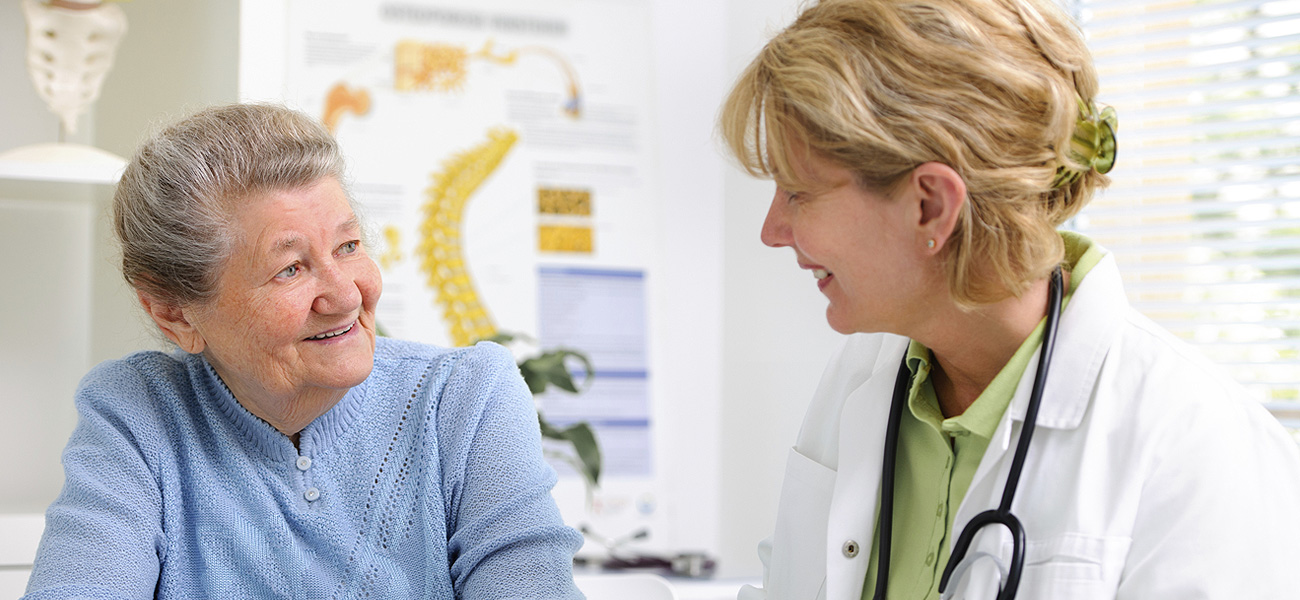Diarrhea and constipation are common side effects of cancer treatment. The severity of diarrhea or constipation varies among patients and depends on the type of treatment you receive. Sometimes side effects improve as you adjust to treatment. Most side effects go away when treatment ends.
Tell your healthcare team if you are experiencing new or worsening diarrhea or constipation. Do not take over-the-counter medications without talking to your doctor.
Diarrhea
Follow these tips to manage diarrhea:
- Drink clear liquids to stay hydrated.
- Avoid alcohol, caffeine and acidic drinks, such as orange juice.
- Eat foods that are easier to digest, such as white toast, crackers, pretzels, soft fruits and vegetables without seeds or skins, and broth-based soups.
- Include foods with soluble fiber, such as white rice, oatmeal, skinless potatoes, applesauce and bananas.
- Avoid foods that can make diarrhea worse, such as spicy foods, high-fiber foods, high-fat foods, and raw fruits and vegetables.
- Avoid milk and milk products if these seem to make diarrhea worse.
- Avoid drinks and foods with sugar alcohols (xylitol, sorbitol, etc.), such as products labeled "sugar free."
- Take care of the skin around the anus by gently washing and drying the area after bowel movements. On clean, dry skin, apply a water-repellent ointment.
Severe Side Effects
Call your doctor right away if you have any of the following symptoms:
- Loose bowel movements for more than two days
- Blood in your stool
- Moderate to severe abdominal pain or cramping
- Fever of 100.4°F or higher • Inability to control bowel movements
- Symptoms of dehydration (dark urine, infrequent urination, dizziness, dry mouth or dry skin, or irregular heartbeat/pulse)
Constipation
Follow these tips to manage constipation:
- Gradually increase fiber intake with whole fruits, vegetables, beans, legumes, and whole grains.
- Drink plenty of liquids, at least 8-10 cups each day.
- Try drinking warm liquids in the morning or prune juice.
- Physical activity and movement may help. Ask your healthcare team for an exercise program.
- Ask your healthcare team if you may need a fiber supplement, stool softener or laxative. Do not take medications or supplements without first talking to your healthcare team.
Related Links
- Download or order The Leukemia & Lymphoma Society's free resouces:
